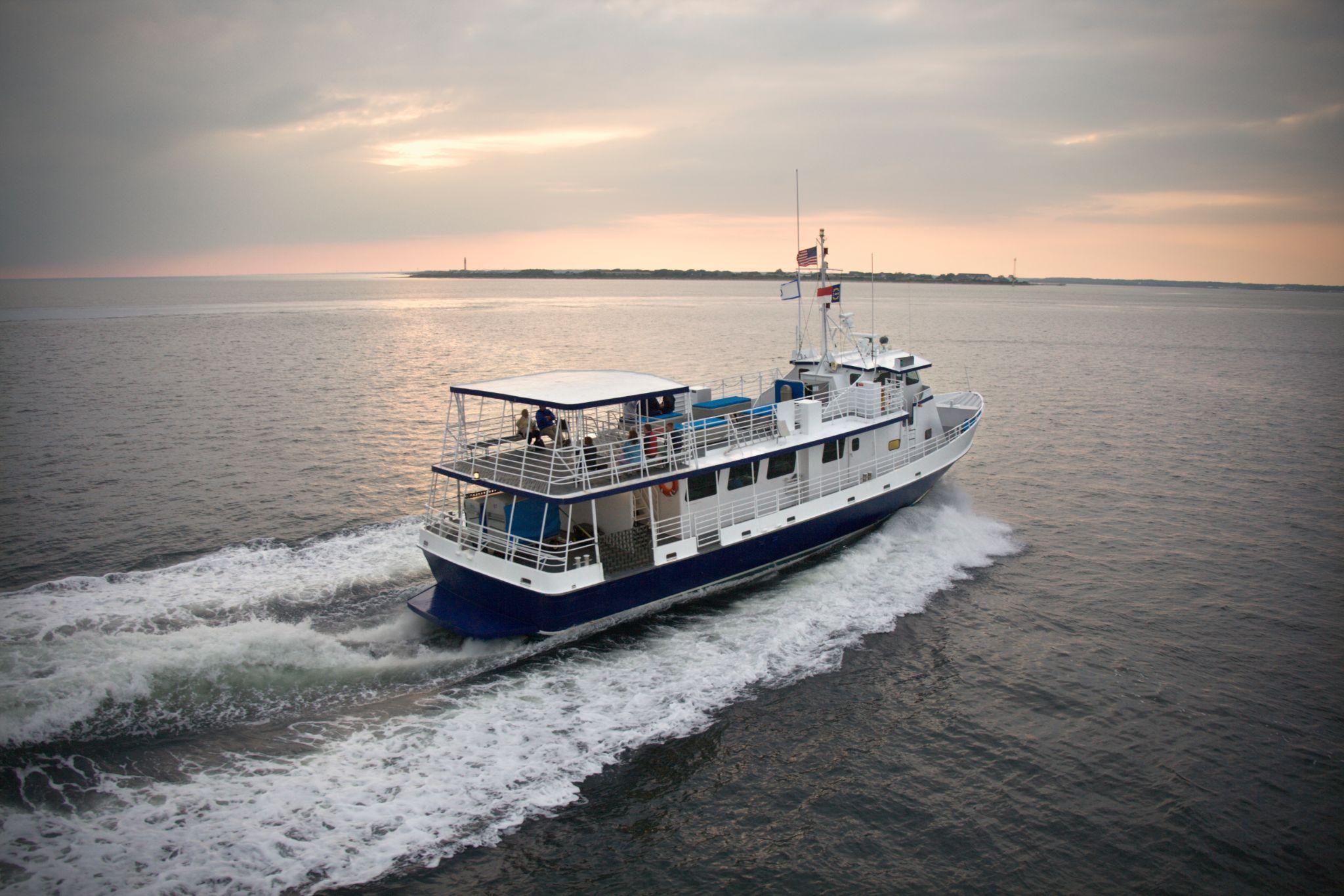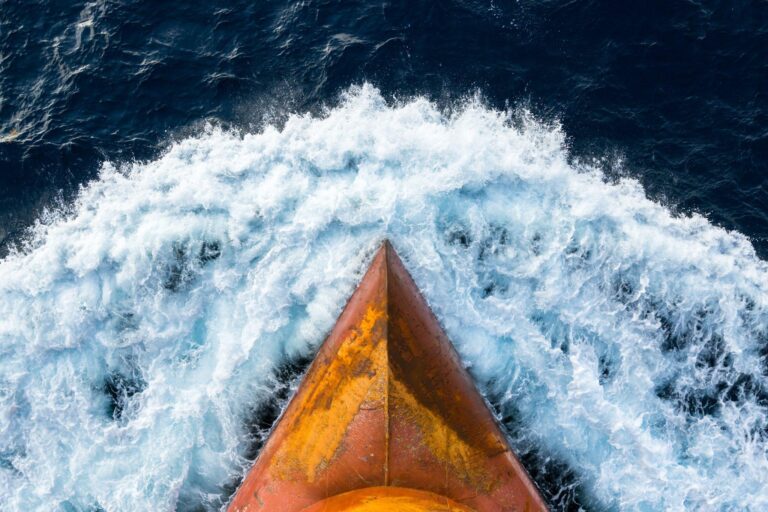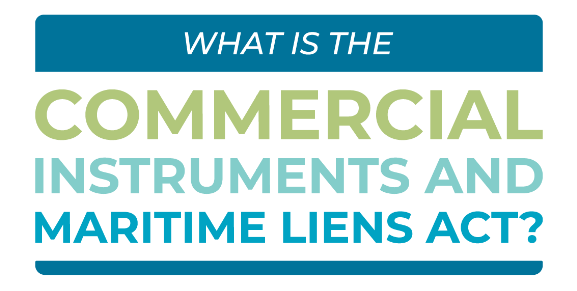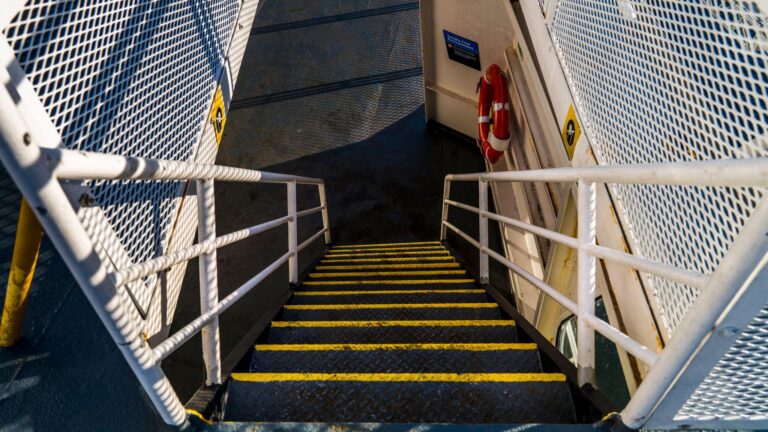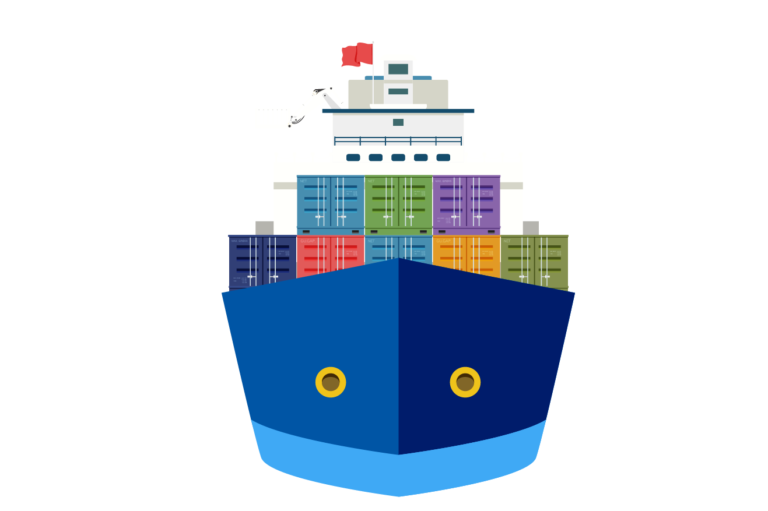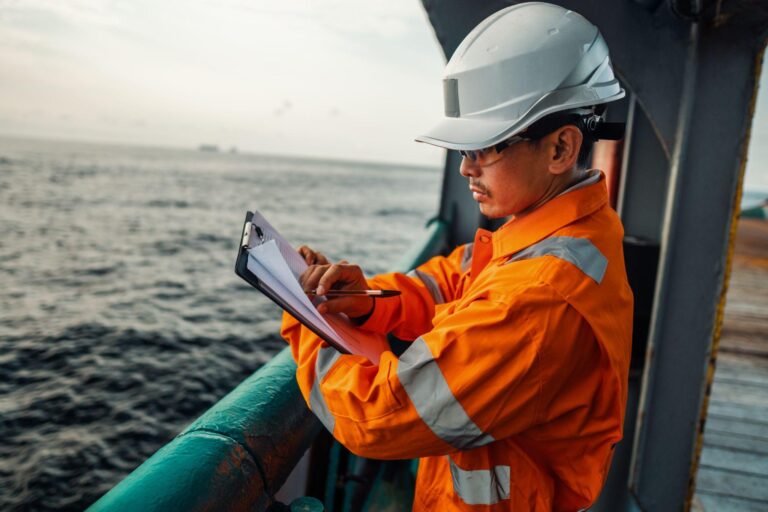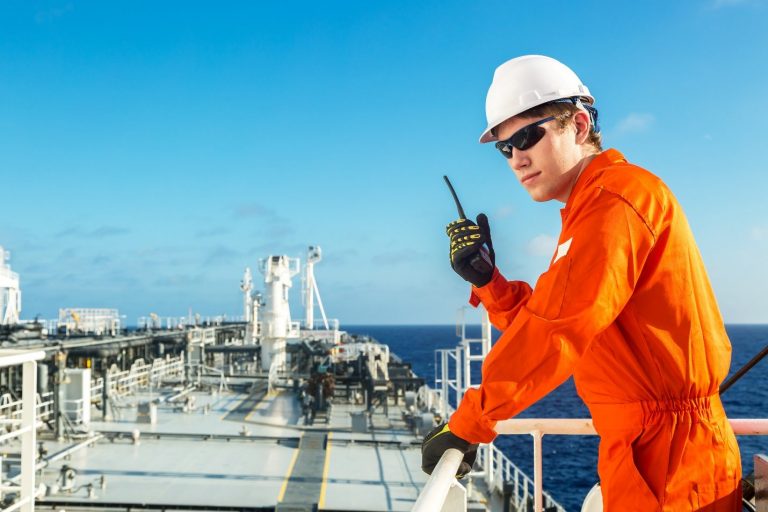Ferry accidents, although infrequent, can have devastating consequences, leading to loss of lives, injuries, and property damage. These incidents occur when ferries transporting passengers and vehicles across bodies of water are involved in collisions, groundings, capsizing, or sinking. When crew members and passengers are injured, they may have grounds to seek compensation under personal injury and maritime laws.
Types of Ferry Accidents
Several types of ferry accidents can occur, each with its own unique characteristics and potential risks. Some common types include:
- Collision: This happens when a ferry collides with another vessel, such as another ferry, cargo ship, or even smaller boats. Collisions can result from operator miscommunication, navigation errors, or failure to follow right-of-way rules.
- Grounding: These occur when a ferry runs aground or becomes stuck on shallow waters or underwater obstacles like rocks or sandbanks. Factors contributing to this type of accident may involve navigational mistakes, inaccurate charts or maps, equipment malfunctions, or unfavorable weather conditions causing reduced visibility.
- Capsizing: This refers to the sudden overturning of a ferry caused by various factors like overloading passengers and vehicles beyond capacity limits, imbalanced weight distribution, rough sea conditions combined with strong winds and waves, and mechanical failures leading to loss of stability.
- Sinking: Ferry sinkings occur when water enters the hull through accidental breaches or catastrophic events such as severe collisions and grounding incidents, compromising the integrity of the vessel’s structure.
- Fire/Explosion: Although relatively rare compared to other accidents mentioned above but still possible, fires and explosions on ferries pose significant threats to the safety of passengers and crew. These incidents can result from various causes, such as electrical faults, fuel leaks, engine malfunctions, or dangerous cargo onboard.
Causes of Ferry Accidents
There can be various causes for ferry accidents, which include:
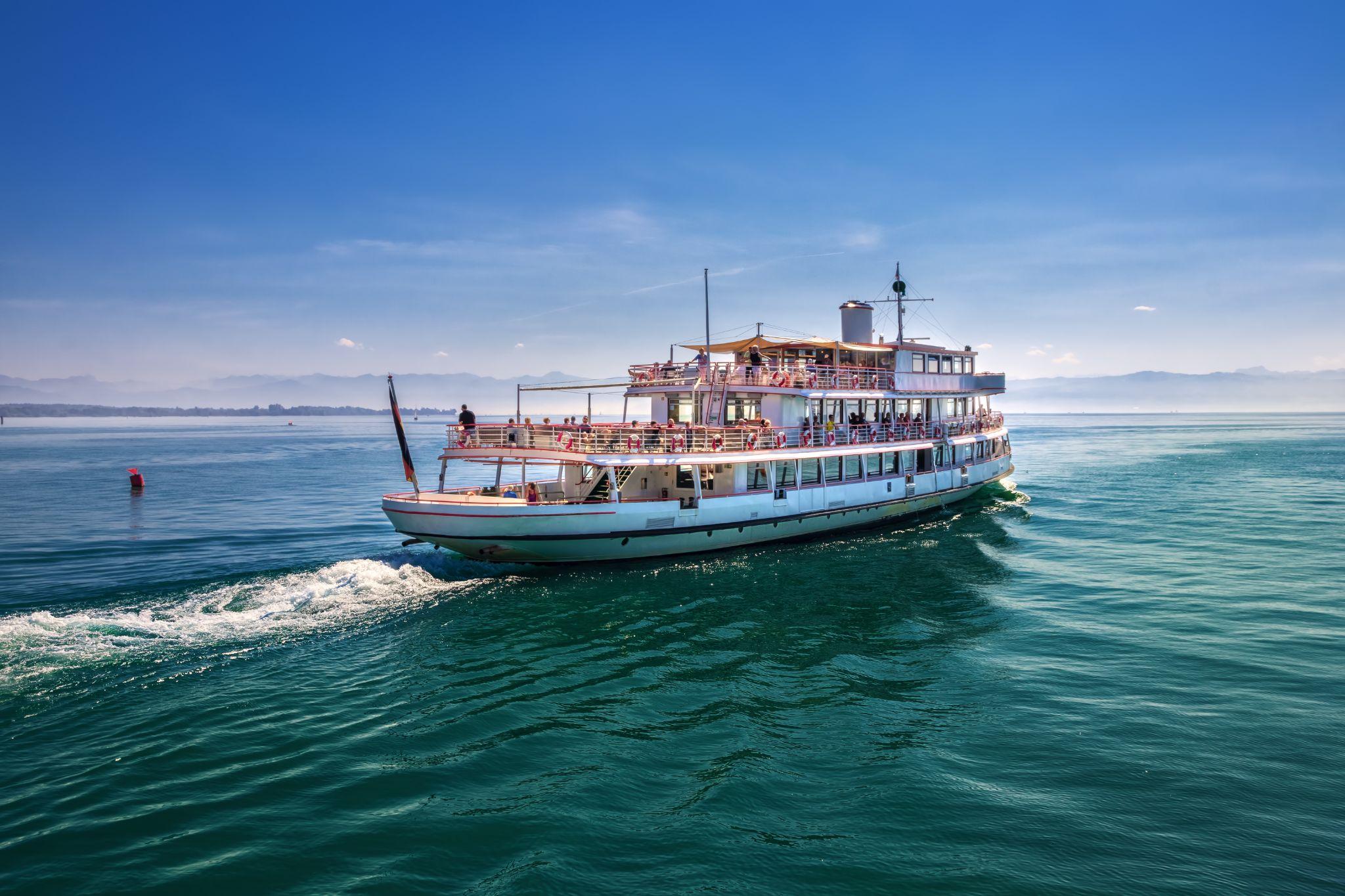
- Human Error
- Weather Conditions
- Mechanical Failures
- Improper/Lack of Maintenance
- Overcrowding/Overloading
- Poorly Maintained Docking Facilities
- Terrorism/Sabotage
Types of Ferry Boat Accident Injuries
Ferry boat accidents can result in a range of injuries, varying in severity depending on the nature and circumstances of the accident. Some common types of ferry boat accident injuries include:
- Traumatic Injuries: These can include broken bones, head trauma, spinal cord injuries, internal injuries, lacerations, and severe bruising.
- Drowning/Asphyxiation: If a ferry capsizes or sinks, passengers may become trapped underwater or struggle to swim to safety.
- Burns: Ferry accidents involving fires or explosions can cause burns ranging from minor to severe.
- Hypothermia: Hypothermia can occur rapidly if an individual is exposed to cold water for an extended period as a result of a ferry accident.
- Soft Tissue Injuries: Accidents that involve falls, slips, and trips during turbulent conditions on board ferries might result in soft tissue injuries such as sprains, strains, contusions, and muscle tears. Psychological Trauma: Post-traumatic stress disorder (PTSD), anxiety disorders, depression, and other mental health issues can develop as a result of the traumatic experience.
- Death: Tragically, ferry accidents sometimes result in fatalities.
What to Do After a Ferry Accident
If you find yourself involved in a ferry accident, it is essential to take appropriate steps to ensure your safety and well-being, including:
- Seek Medical Attention: Even if you do not think you are injured, it is best to still get examined as some injuries may not present immediately.
- Follow Safety Instructions: Listen carefully to instructions provided by the ferry crew or emergency responders.
- Stay Calm: It’s natural to feel fear, panic, or confusion during such incidents, but remaining calm can help you make rational decisions and assist others around you.
- Document Evidence if Possible: If circumstances permit, document the accident scene by taking pictures or video.
- Collect Contact Information: Obtain contact information of witnesses who witnessed the accident.
- Report the Accident: Notify the relevant authorities about the accident, such as local law enforcement and maritime agencies responsible for investigating maritime accidents.
- Seek Legal Advice: If you sustained injuries or experienced significant damages in a ferry accident, it is advisable to consult with a maritime ferry injury lawyer. They can provide guidance on your rights and help you seek compensation.
Request a Free Consultation with a Ferry Injury Lawyer Today
Are you unsure what to do after a ferry accident? Request a free consultation with a highly experienced ferry injury lawyer from Maintenance and Cure, part of Schechter, Shaffer & Harris, L.L.P. Our team specializes in maritime law and is dedicated to fighting for your rights. Contact us today for personalized guidance on your case to ensure you get the compensation you deserve.

